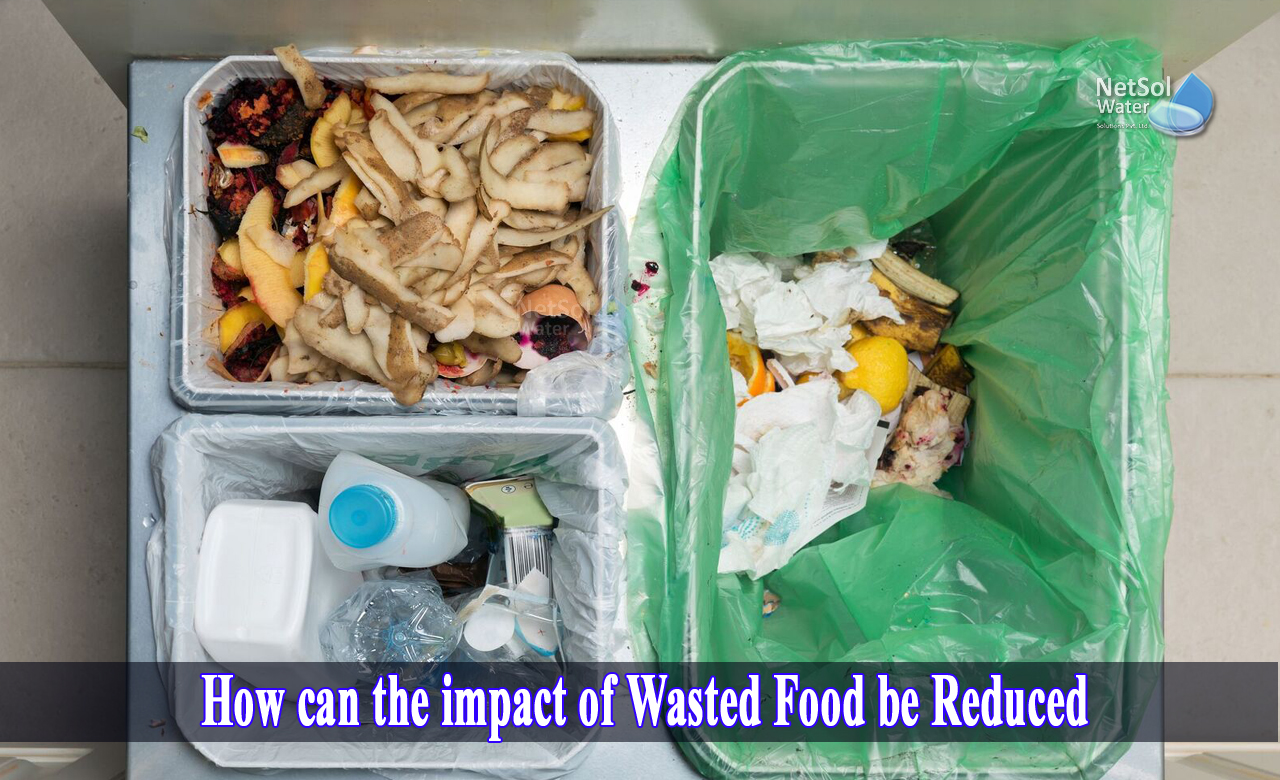Are you aware of the dreadful reality of food waste?
If you aren't, the statistics below will astound you and make you regret your food waste choices!
A: Food waste as a social issue
Did you know that the typical Indian household throws away 50 kg of food every year?
These numbers are taken from the United Nations Environment Programme's Food Waste Index Report 2021. Can you imagine the gravity of these figures in a country where nearly 189.2 million people are malnourished?
B: The Environmental impact of Food Waste
31 million tonnes of waste are placed in landfills, out of 43 million tonnes collected in the country, enough to fill landfills and make them considerably larger.That's not all, though. Organic waste makes up about half of the waste collected.Food waste contributes to climate change by releasing methane when it decomposes in landfills.
How can the impact of wasted food be reduced?
Making better choices when buying and preparing meals is a key to reducing food waste. It's also about giving additional food to those who are in desperate need.
Below are some suggestions for reducing food waste:
To reduce food waste or reduce its environmental impact, we must first comprehend the Food Recovery Hierarchy. It ranks the activities that businesses can take to avoid and redirect food waste.
1: Reduction of the source
As the saying goes, prevention is better than cure, so we'll start there!Reduced food production is referred to as source reduction. At the production or supply stage, much of the food produced is lost or squandered.Farm-stage food waste emits 2.2 gigatonnes of CO2 each year, accounting for 4% of world anthropogenic emissions, whereas food waste generally accounts for 6-8 percent of global emissions.
While we can't control these things as consumers, we can decrease the quantity of food that ends up in landfills by buying only what we need and planning meals ahead of time.It will be easier to eat everything before it spoils and has to be thrown away if you buy lesser quantities.We can also repurpose leftovers to create new dishes.
2: Industrial applications
Even if the wasted food is inedible, it can still be put to good use by being used in industrial operations to make biofuels or biopolymers.
3: Grease, fats, and oils
Furthermore, the rendering industry can use fats, oil, and grease derived from liquid fats and solid animal products as raw materials. These are then used to make cosmetics, soap, and other items.They can also be used to generate renewable energy in the form of biogas in anaerobic digesters at wastewater treatment plants.
4: Composting
When it comes to properly and efficiently managing organic waste, composting is unrivalled.
It uses an aerobic reaction to turn organic waste into compost, resulting in no emissions of methane (CH4) and it also encourages the growth of flora, which absorbs carbon dioxide from the environment.
However, manual composting in commercial settings, such as restaurants and offices, can be a difficult process due to the large volume of waste generated each day and the sluggish rate of composting. That is where, Food Recyclers come into play!
Conclusion
As India is drowning in waste and it is only through our efforts and increased knowledge that we will be able to pull ourselves out of it and contribute to a better future.
Netsol Water is Greater Noida-based leading water & wastewater treatment plant manufacturer. We are industry's most demanding company based on client review and work quality. We are known as best commercial RO plant manufacturers, industrial RO plant manufacturer, sewage treatment plant manufacturer, Water Softener Plant Manufacturers and effluent treatment plant manufacturers. Apart from this 24x7 customer support is our USP. Call on +91-9650608473, or write us at enquiry@netsolwater.com for any support, inquiry or product-purchase related query.



